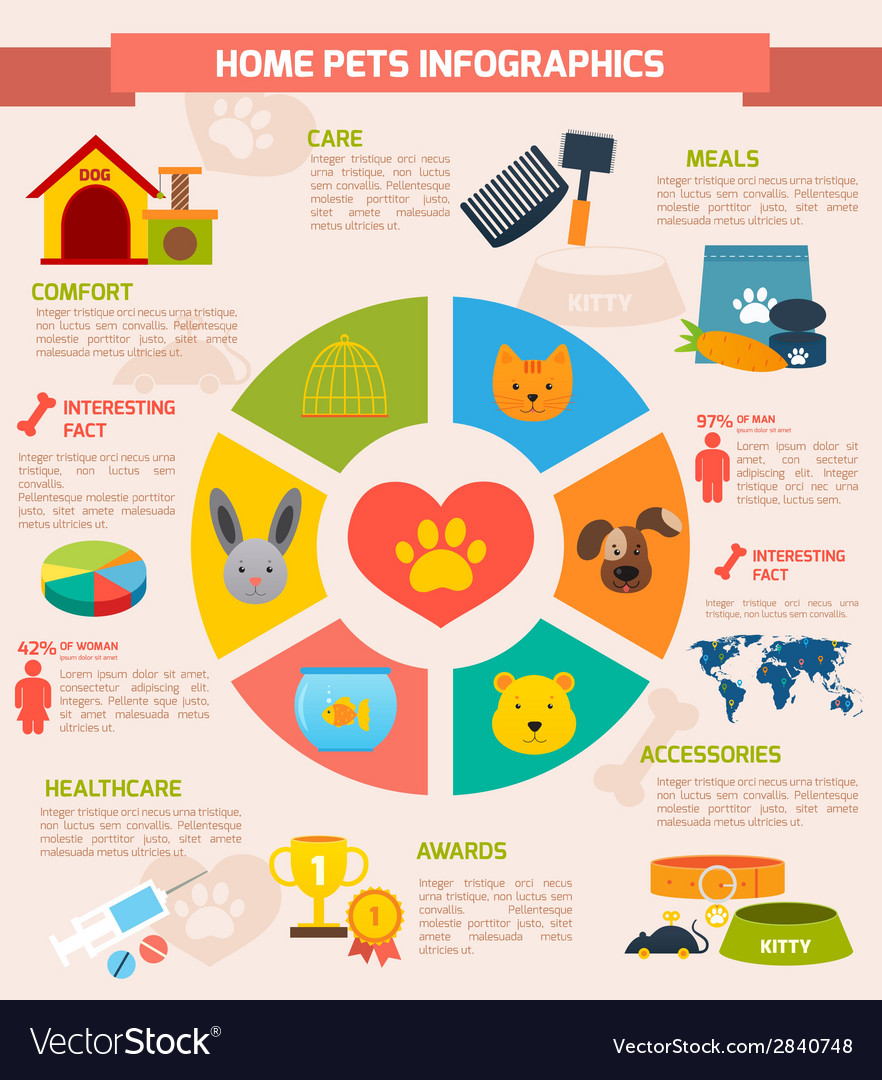Is It Better Form To Adopt A Dog Or Buy One From A Breeder
Is It Better Form To Adopt A Dog Or Buy One From A Breeder
Blog Article
Can Canine Childcare Cause Ailment?
Opportunities are that if your canine is on a regular basis subjected to other pet dogs, even if they're appropriately vaccinated, they might get home with some kind of ailment. Vaccinations, regular vet examinations, and excellent hygiene practices can lessen risk variables for infection and illness.
Worried or nervous canines can establish intestinal issues and various other wellness concerns that are conveniently spread out in between pets. Developing age constraints and behavior regulations can aid ensure that just healthy and balanced pets enter your center.
Distemper
Canine distemper is a significant and often deadly infection that strikes a pet's respiratory system, digestive system, skin and body immune systems. Pups are specifically at risk and can get the condition via straight contact with a contaminated animal or with the airborne transmission of virus particles produced during coughing, sneezing or breathing.
The incubation duration for canine distemper is in between 3 and 7 days. While pups at daycare may seem to catch parvo from another contaminated pet, it's not likely considering that the incubation duration is so short.
While there is no cure for canine distemper, supportive care can aid pet dogs recuperate. This includes fluids, antibiotics and drugs to regulate seizures. The Drake Facility for Veterinary Care notes that symptoms consist of dripping eyes and nose, looseness of the bowels, vomiting, loss of appetite and neurological problems such as twitching and shakes. Young puppies need a full vaccination collection and annual boosters to safeguard them against this disease, which is why trustworthy pet day care centers require current inoculations.
Kennel Cough
Kennel Cough (Pooch Transmittable Tracheobronchitis) is an extremely contagious top respiratory system condition caused by microorganisms and infections. It spreads through air-borne droplets from a cough or sneeze, straight get in touch with, and sharing of polluted objects such as playthings or water bowls. It is native in places where several pet dogs are housed close together, such as kennels, canine parks, brushing beauty parlors and shows. Several vaccinations are offered to protect versus the microorganisms that cause kennel coughing, and appropriate hygiene techniques can assist avoid infection.
The classic sign is a dry, hacking coughing comparable to that of a goose honk, and most pets recuperate with little intervention. Nonetheless, serious cases can bring about pneumonia, and young puppies or dogs with pre-existing health problem are at greater danger for complications. To quicken recovery, make use of a harness rather than a collar while your dog is recouping to prevent irritability to the windpipe. A humidifier might also aid to moisten the air and protect against dry coughing.
Parvovirus
Parvovirus (CPV) is a significant illness in dogs. It resembles feline panleukopenia (feline distemper), but it's far more fatal and can spread out rapidly amongst canines as a result of its very resilient nature.
This infection attacks the digestive lining of a pet dog, destroying it and triggering bacteria to dismiss into the blood stream. The damaged immune system and frustrating germs bring about septic shock, which is typically deadly.
Thankfully, vet hospitals use effective treatment for parvovirus. These drugs are given straight into an individual's blood stream and targeted towards the details strain of parvovirus. This therapy method is extremely reliable and helps re-train the immune system to combat off the infection. Pets with severe signs and symptoms are often hospitalized for a number of days for surveillance and intensive like guarantee their survival. Puppies, unvaccinated pet dogs and dogs with weak immune systems are specifically susceptible to parvovirus. This is particularly real for pups born to stray mommies and shelter atmospheres, where they are revealed to many other ill and at risk canines.
Dog Flu
Canine influenza (CIV) is an infectious respiratory boarding kennels dogs system disease that can be caused by pet dogs sharing infected surfaces or direct contact with respiratory system secretions. CIV spreads easily in environments where there are high numbers of pet dogs, such as dog parks, daycares, brushing centers and vet clinics.
Infected pet dogs lost the virus with aerosol breathing beads when coughing or sneezing, and may contaminate items they enter into contact with like cages, playthings, food bowls, chains and the hands and clothes of people that manage them. Dogs can also be "silent providers" spreading out the infection without showing any type of signs themselves.
Signs and symptoms of canine flu include nasal and eye discharge, cough, fever, anorexia nervosa, and weak point. The infection can proceed to pneumonia, which can be fatal in some canines. PCR viral testing is offered for verification of infection. Preferably, examples (usually deep nasal or pharyngeal swabs) for PCR testing ought to be gathered within 4 days of the start of clinical signs.